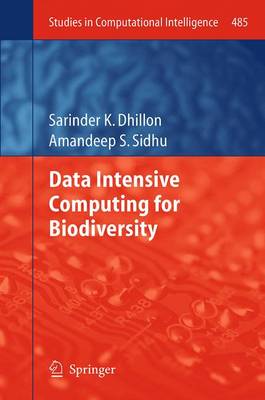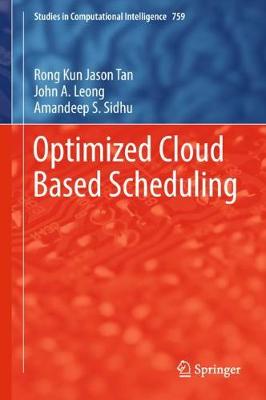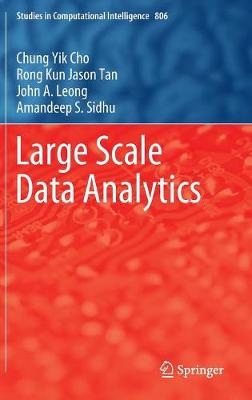Data, Semantics and Cloud Computing
3 primary works
Book 485
Data Intensive Computing for Biodiversity
by Sarinder K. Dhillon and Amandeep S. Sidhu
This book is focused on the development of a data integration framework for retrieval of biodiversity information from heterogeneous and distributed data sources. The data integration system proposed in this book links remote databases in a networked environment, supports heterogeneous databases and data formats, links databases hosted on multiple platforms, and provides data security for database owners by allowing them to keep and maintain their own data and to choose information to be shared and linked. The book is a useful guide for researchers, practitioners, and graduate-level students interested in learning state-of-the-art development for data integration in biodiversity.
Book 759
Optimized Cloud Based Scheduling
by Rong Kun Jason Tan, John A. Leong, and Amandeep S. Sidhu
This book presents an improved design for service provisioning and allocation models that are validated through running genome sequence assembly tasks in a hybrid cloud environment. It proposes approaches for addressing scheduling and performance issues in big data analytics and showcases new algorithms for hybrid cloud scheduling. Scientific sectors such as bioinformatics, astronomy, high-energy physics, and Earth science are generating a tremendous flow of data, commonly known as big data. In the context of growing demand for big data analytics, cloud computing offers an ideal platform for processing big data tasks due to its flexible scalability and adaptability. However, there are numerous problems associated with the current service provisioning and allocation models, such as inefficient scheduling algorithms, overloaded memory overheads, excessive node delays and improper error handling of tasks, all of which need to be addressed to enhance the performance of big data analytics.
Book 806


